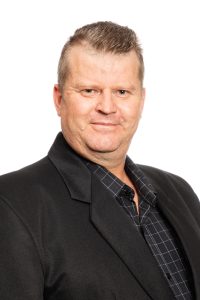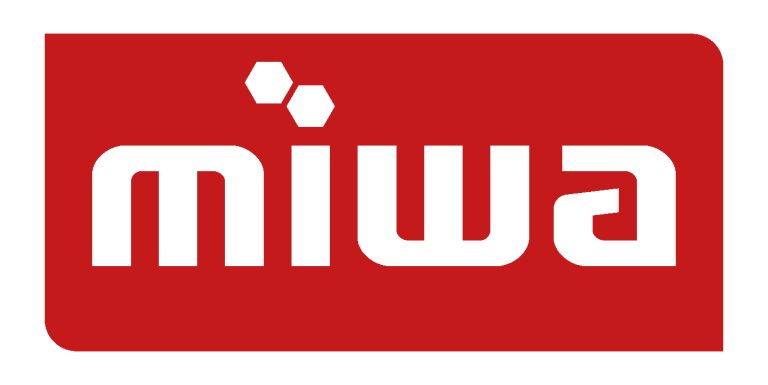Since the coming into effect of the Guidelines for Competition in the SA Automotive Aftermarket, there has been a general opening up of the market providing motorists with the freedom to shop around to find the most competitive service provider.
“This makes our aftermarket a more equitable place to do business and a fairer service environment for motorists who are already struggling with their vehicle’s maintenance costs as pressure on household budgets continues to build,” says Dewald Ranft, Chairman of the Motor Industry Workshop Association (MIWA), a proud association of the Retail Motor Industry Organisation (RMI).
Choosing the correct service provider is however key and this is one area where accreditation and stars definitely make a difference. Why? “Because an accredited workshop has to meet and comply with minimum criteria and set standards,” says Ranft. “If a workshop has been accredited by a reputable association, such as MIWA, you can be assured of good workmanship but also recourse should the job not be done to acceptable standards,” he says.
Ranft adds that accredited workshops are run by highly-skilled mechanics, with excellent service-levels, administrative support and quality parts and equipment. “However, the key is to ensure that you select an accredited workshop.”
He explains that during the accreditation process a workshop undergoes a thorough audit. Aspects including the health and safety operating procedures are scrutinised as are the premises, equipment, administration, waste removal, staffing and so on. “Even aspects of the business such as parking facilities, lighting, ventilation and uniforms are inspected. The MIWA accreditation and grading process includes a document of proof of compliance to Health and Safety policies that members must adhere to before they receive their accreditation. It is a rigorous process that we believe is essential to ensure customers know they are dealing with professionals and feel protected,” he says.
The level of staff training is also an important aspect of the accreditation process. “Unfortunately, skills shortages are a reality. To achieve a MIWA accreditation, workshops have to prove their staff have sufficient training and on-the-job experience as well as specific qualifications to meet the needs of their customers. By using an accredited workshop, customers can feel reassured that they are dealing with highly-trained individuals,” Ranft points out.
Accreditation criteria also includes standards for tools and diagnostic equipment required to correctly perform the repairs as well as having insurance, such as defective workmanship insurance in the unlikely event of an incorrect repair, in place. “Workshops have to have customer guarantees and warrantees in place before accreditation can be achieved.”
Possibly the most important benefit of using an accredited workshop is the knowledge that there is an association you can deal with in the event of a bad service or poor workmanship experience.
Once accredited, a workshop can then enter into the grading process. Just like the hospitality industry, workshops receive a star-rating based on a specific list of criteria. This grading process is run independently by a professional grading agency. “To become a five-star Graded workshop, for example, MIWA workshops must be fully audited and deliver on requirements around workshop design and equipment, customer satisfaction assessment tools, and service options such as vehicle washing prior to delivery as well as free delivery and collection service. Many of our workshops are graded as five-star but we also have four- and three- star workshops that offer excellent service too,” explains Ranft.
MIWA members need to comply with seven mandatory items, failure of which will result in failing the audit. Ranft says grading criteria is reviewed and amended annually where required to ensure relevance and to accommodate technology and development.
“Owning a motor vehicle is a big investment. The purchase price alone is a major financial commitment and repairs don’t come cheap. It is therefore very important that you can trust the repairer to do the best job at the most affordable price. Don’t be afraid to ask for proof of accreditation when contacting a workshop. If you are looking for a workshop bear in mind that there are over 2 500 accredited MIWA workshops around the country,” he concludes.



